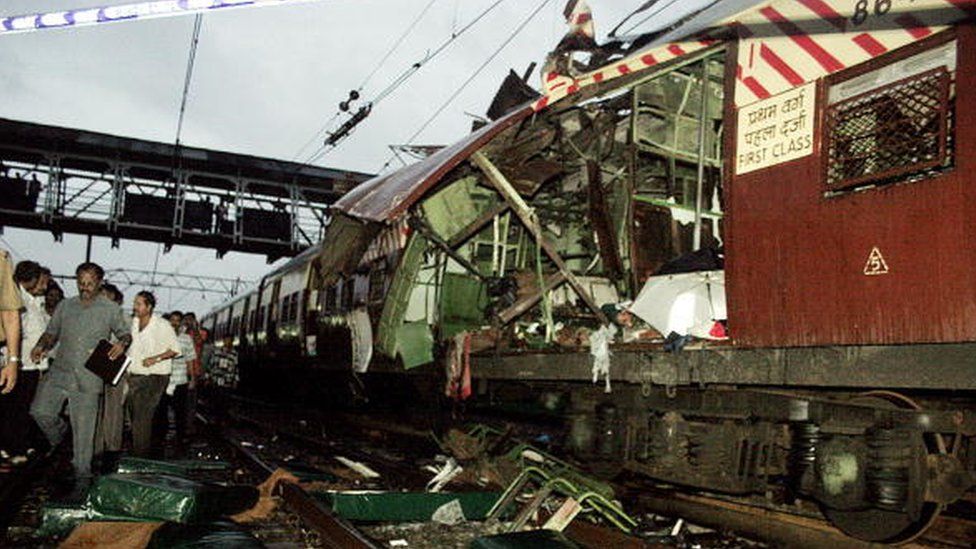
2006 Mumbai Train Blasts: Judiciary Acquits Convicts Nearly 20 Years Later
The recent acquittal of all 12 convicts in the 2006 Mumbai train blasts case, including five facing the death penalty, is a significant event in Indian judicial history. After nearly two decades following one of Mumbai's most devastating terror attacks, this ruling has once again put the spotlight on justice and its complicated path through the legal system.
The protracted legal saga, enduring almost 20 years, underscores the difficulties associated with prosecuting terrorism cases. It highlights the necessity for detailed investigations and the meticulous assessment of evidence to guarantee that justice prevails. The court determined that the evidence against the accused was inadequate to establish guilt beyond a reasonable doubt, reaffirming the judiciary's dedication to fairness, even in high-profile terrorism trials.
This verdict resonates beyond legal implications. It raises essential questions regarding the capabilities of intelligence and law enforcement in effectively tackling terrorism. Furthermore, it brings attention to the risks of wrongful convictions, accentuating the importance of solid evidence in such delicate situations.
Public and political reactions to this verdict are likely to be mixed, with some celebrating the acquittal as proof of justice served, while others view it as a setback in prosecuting terrorism. This outcome is poised to ignite discussions on the need for reforms in counter-terrorism laws and judicial processes that shape security frameworks in India.
In conclusion, the acquittal of the 2006 Mumbai train blasts convicts illustrates the complex nature of terrorism-related judicial proceedings in India. It serves as a crucial reminder of the essential equilibrium between national security concerns and the rights of individuals accused of these atrocious acts. For deeper insights on this topic, visit The Hindu.
